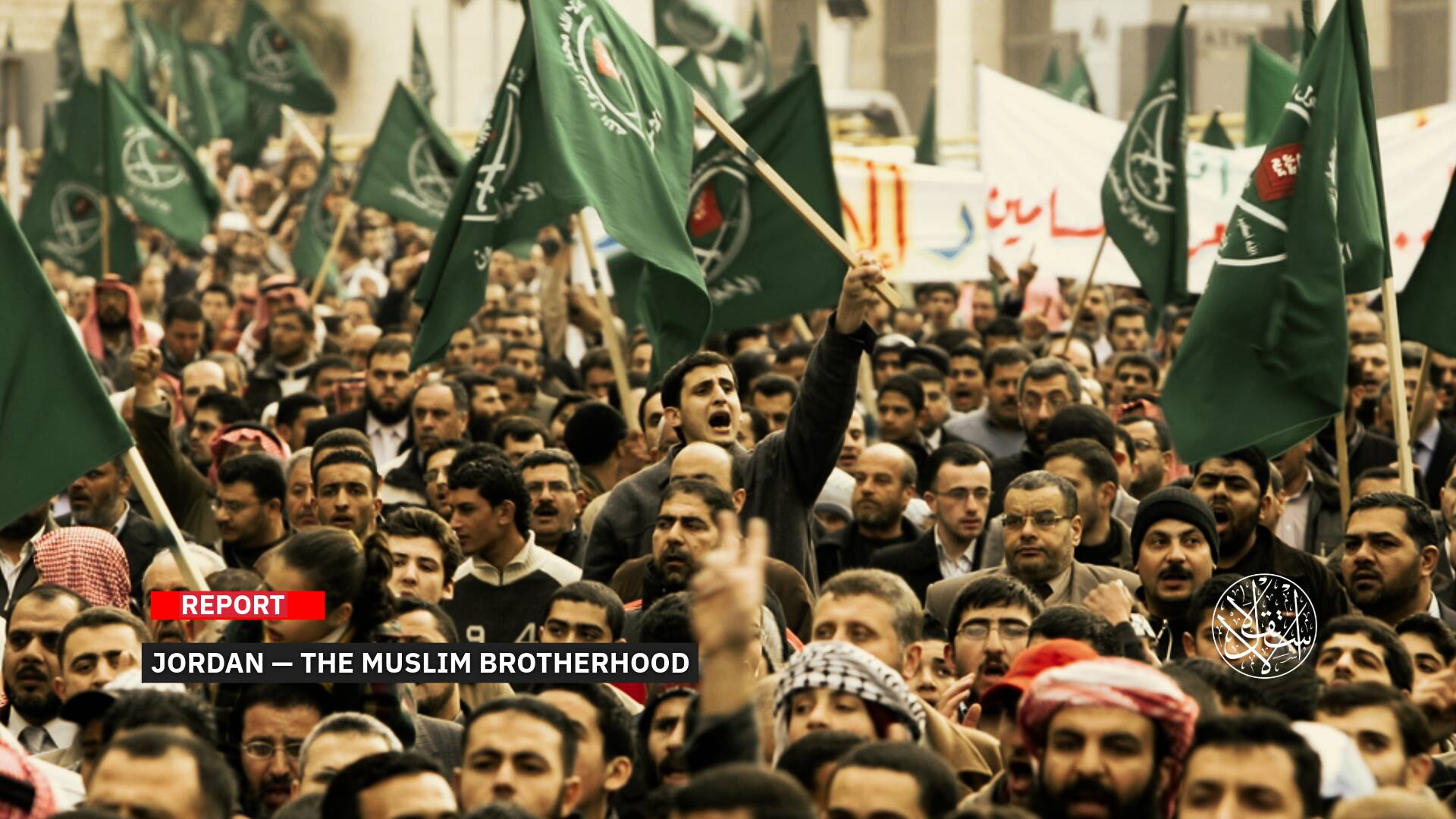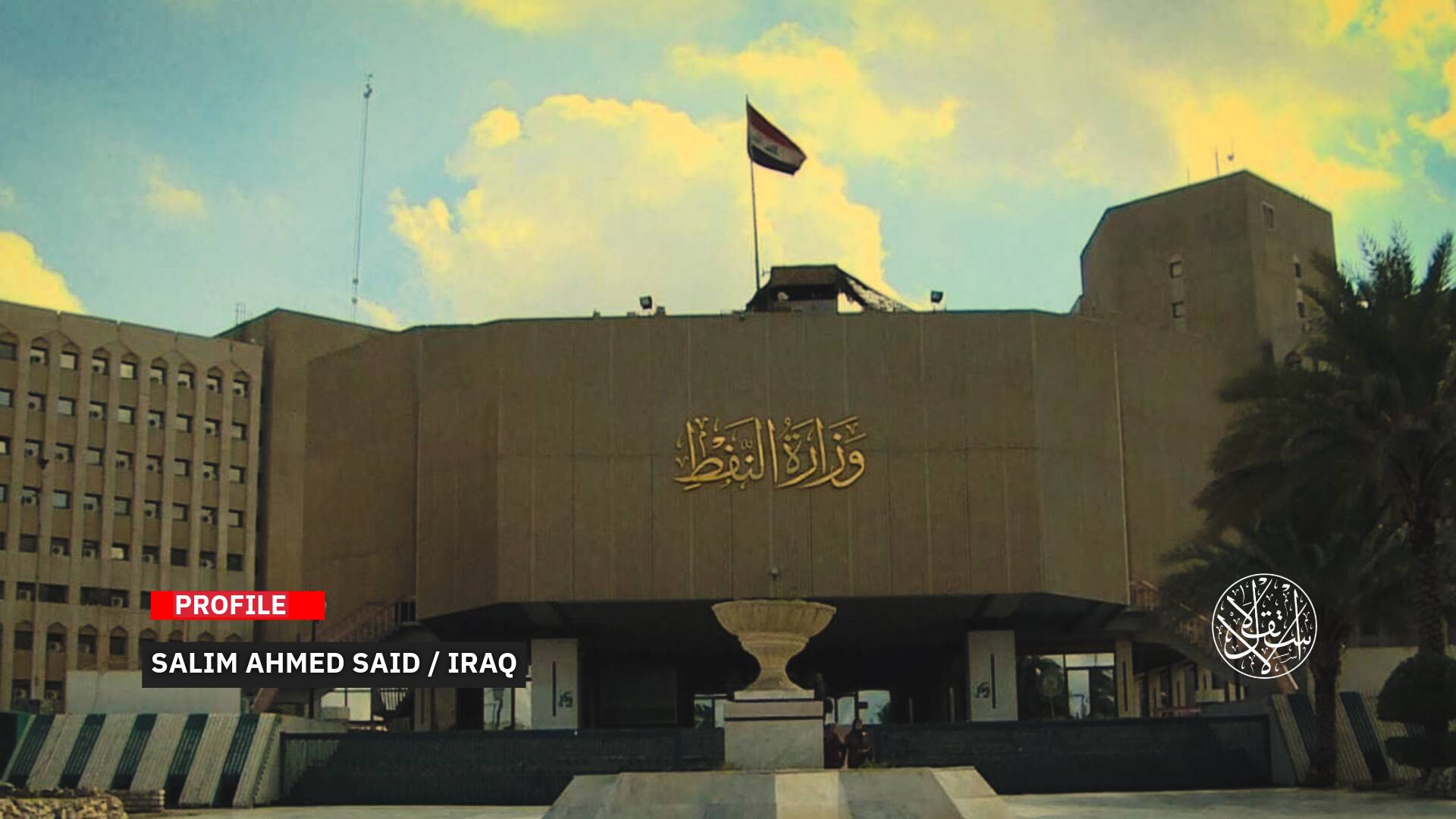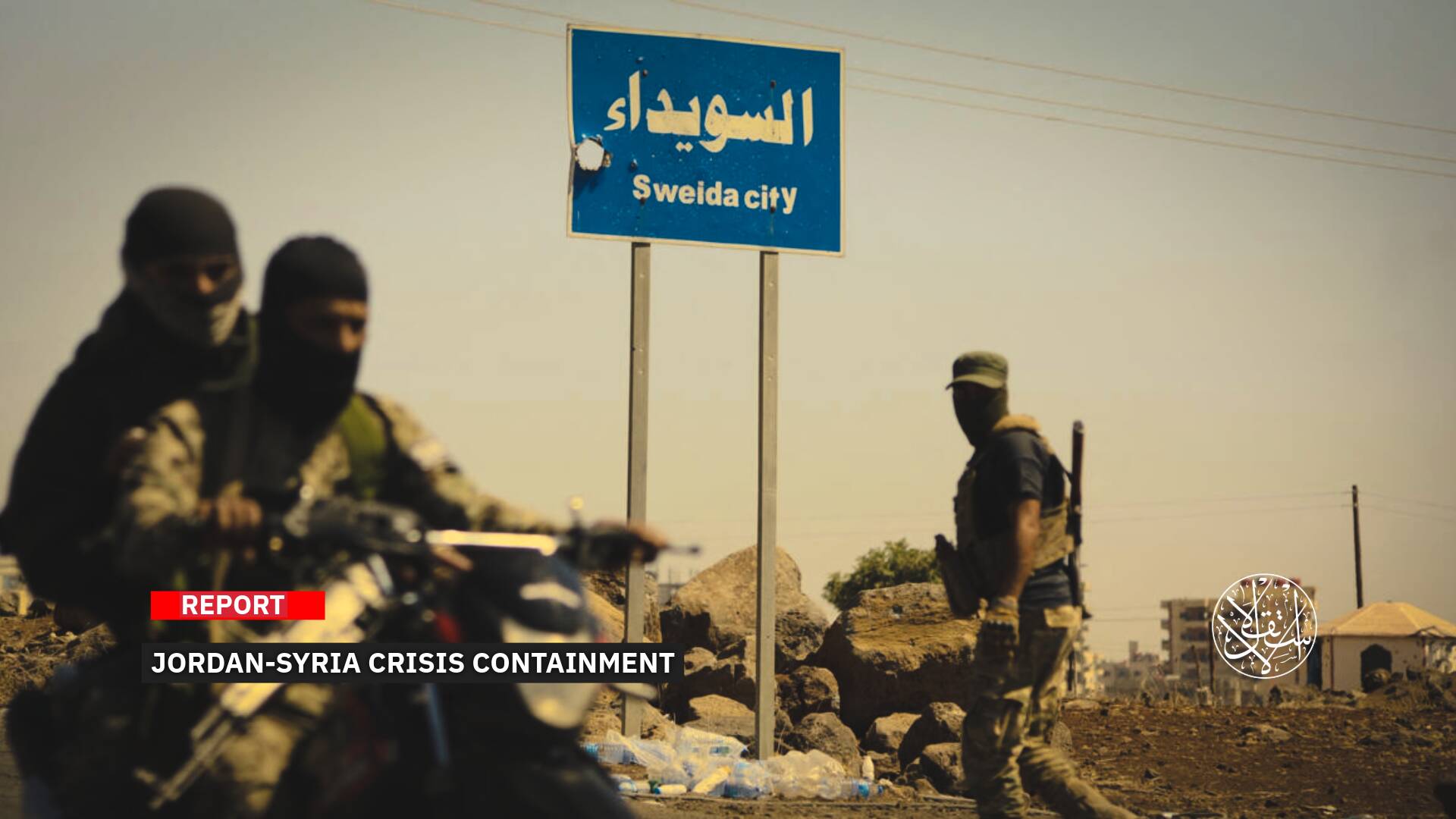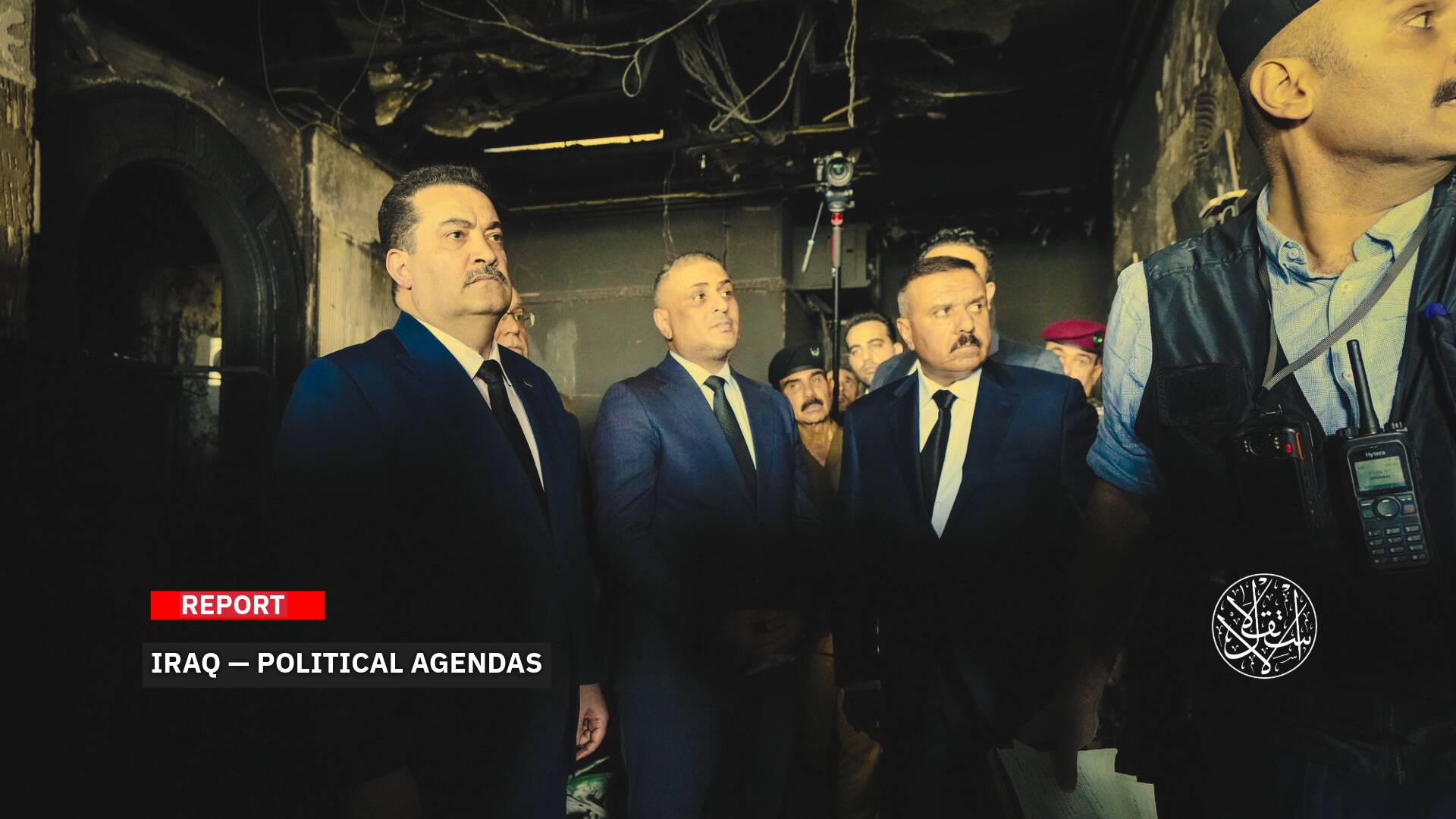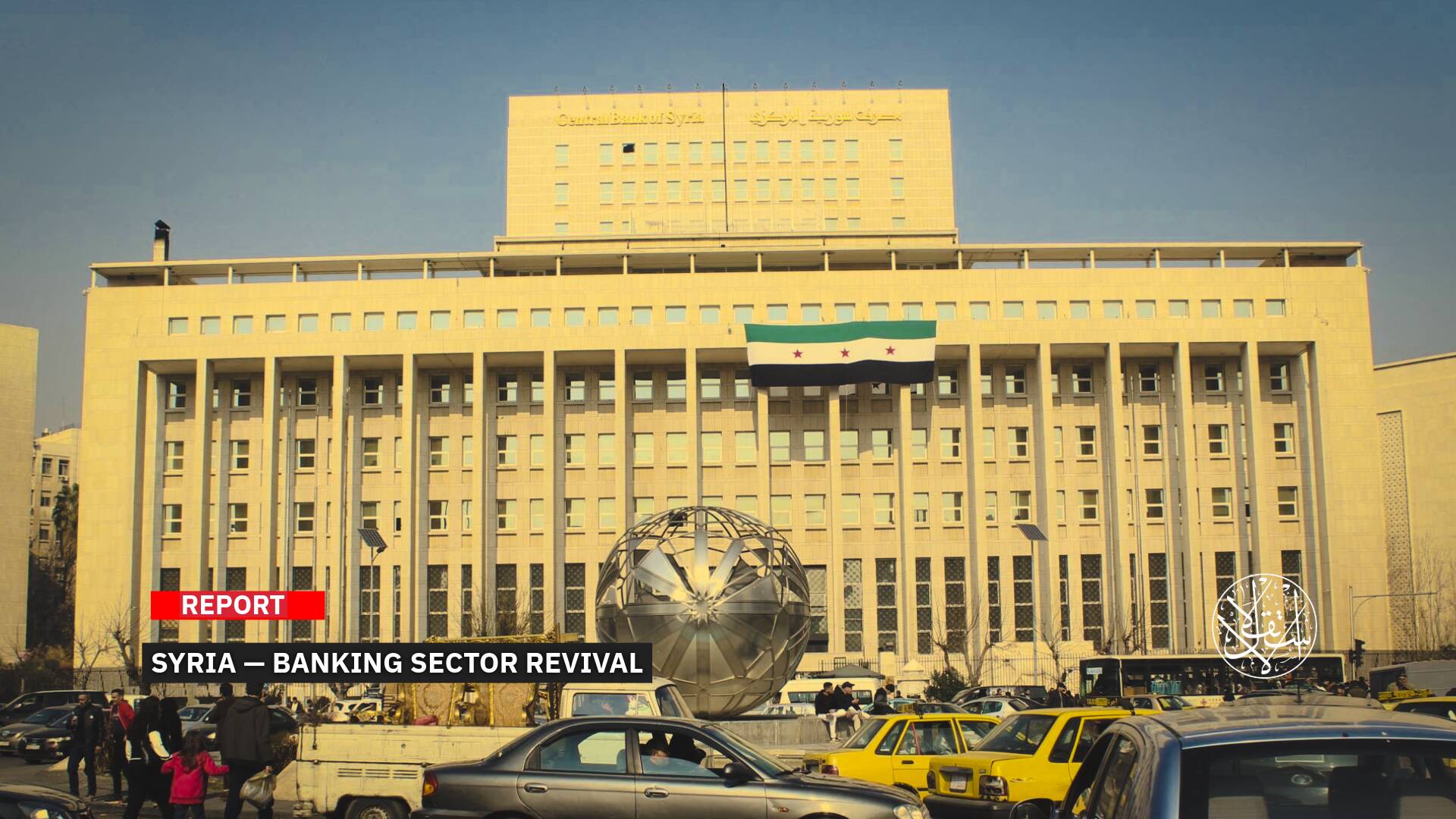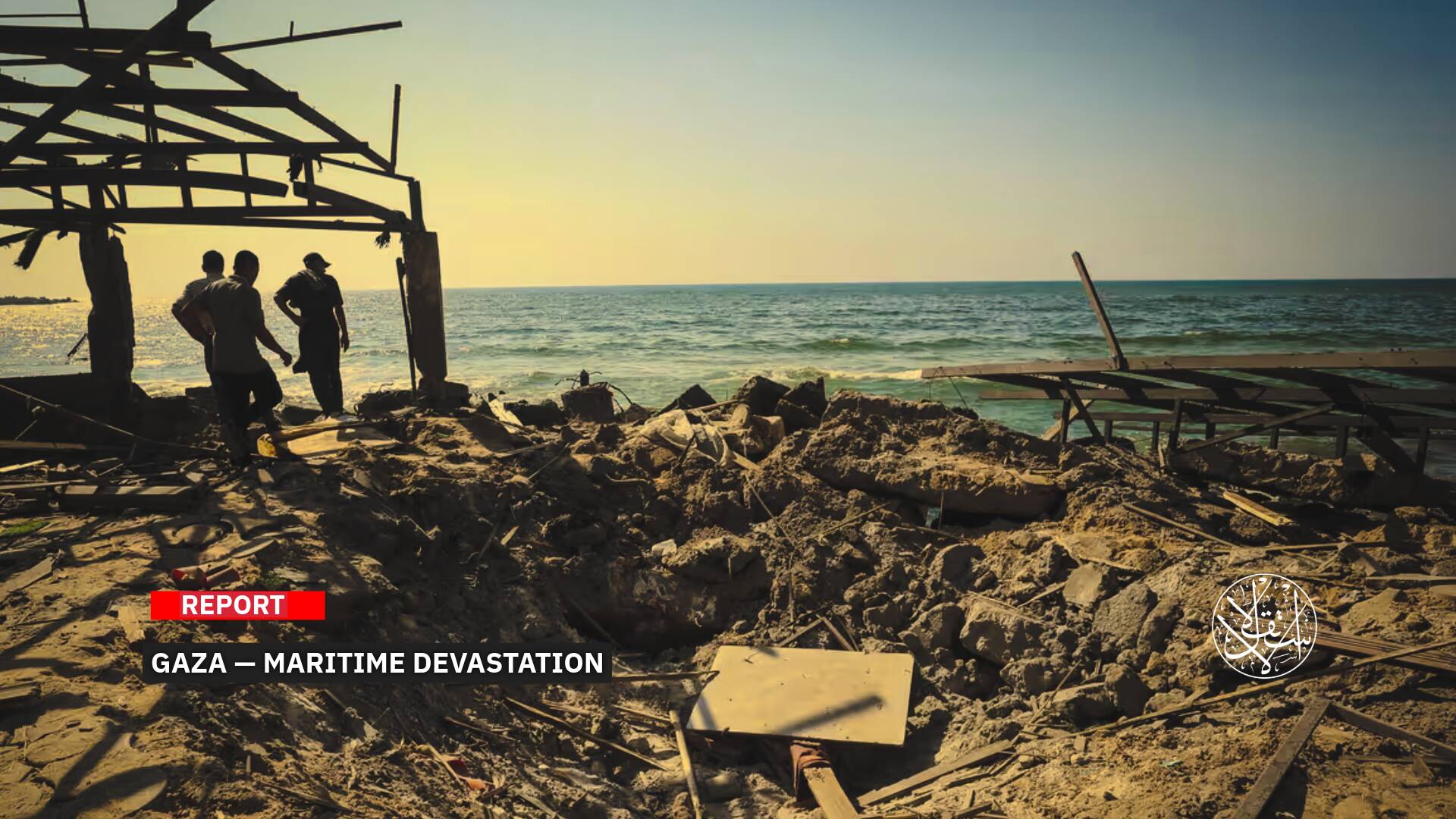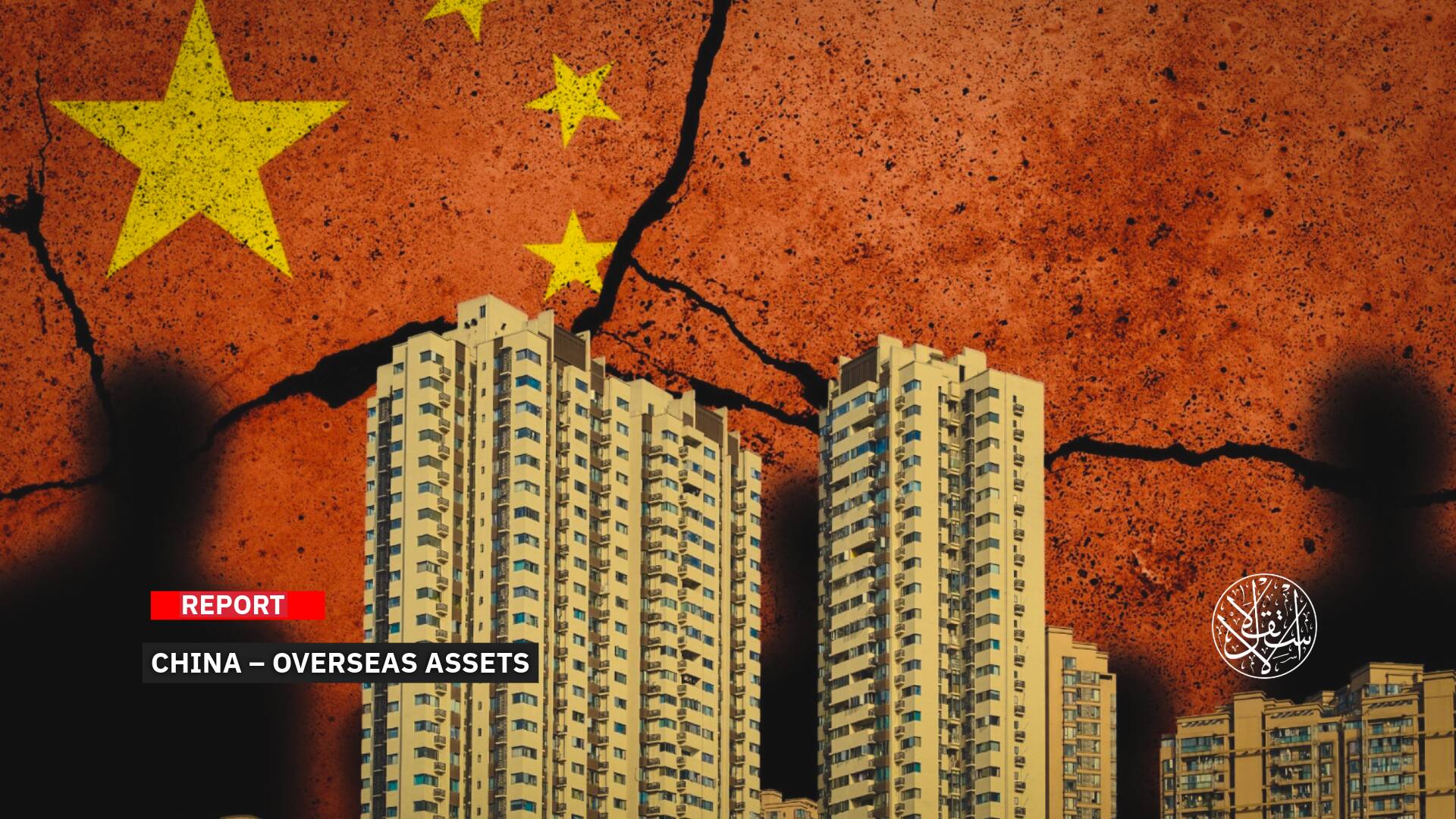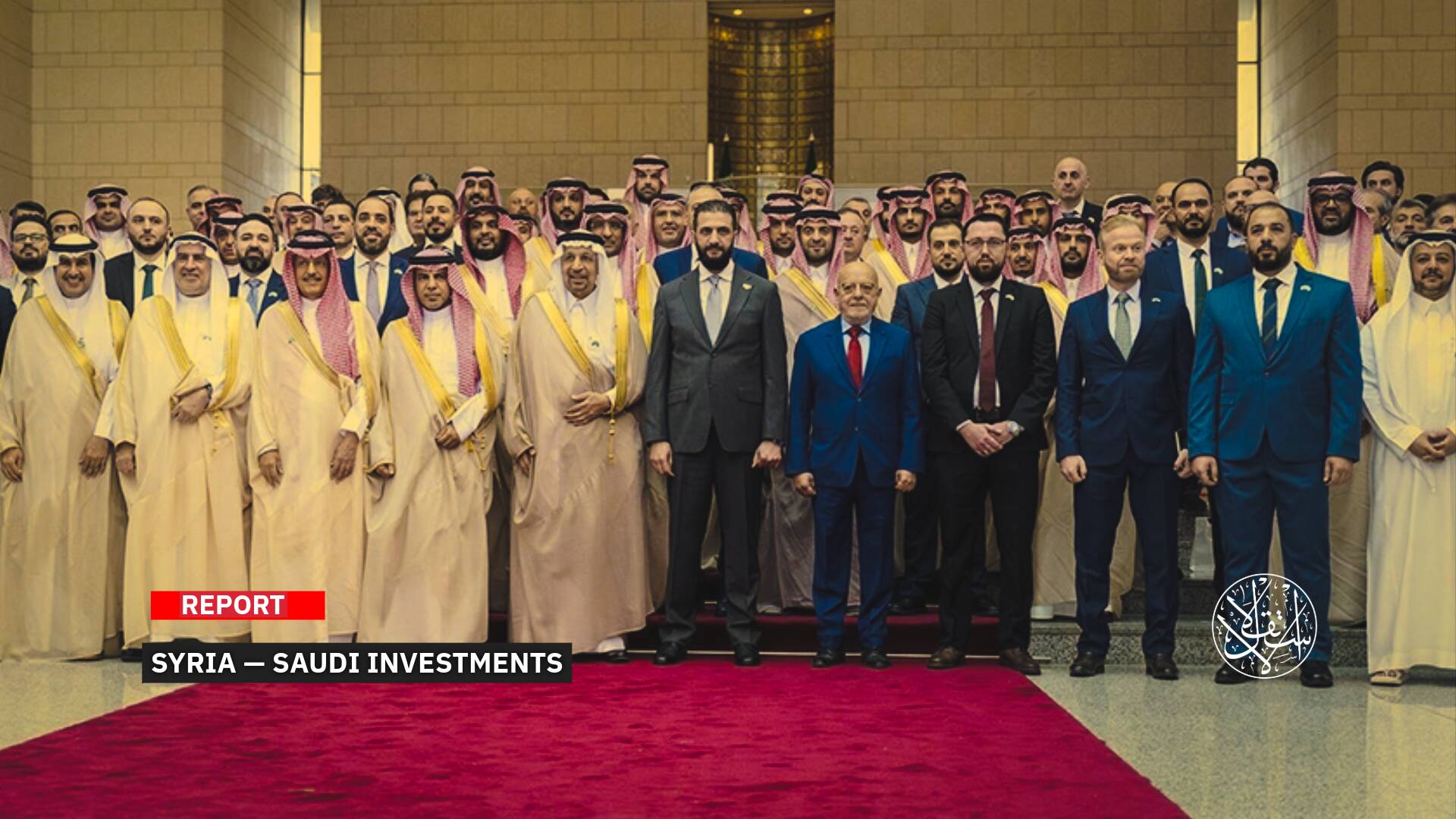Hebrew Paper: Al-Assad Needs Arab Regimes Now More than Iran and Russia
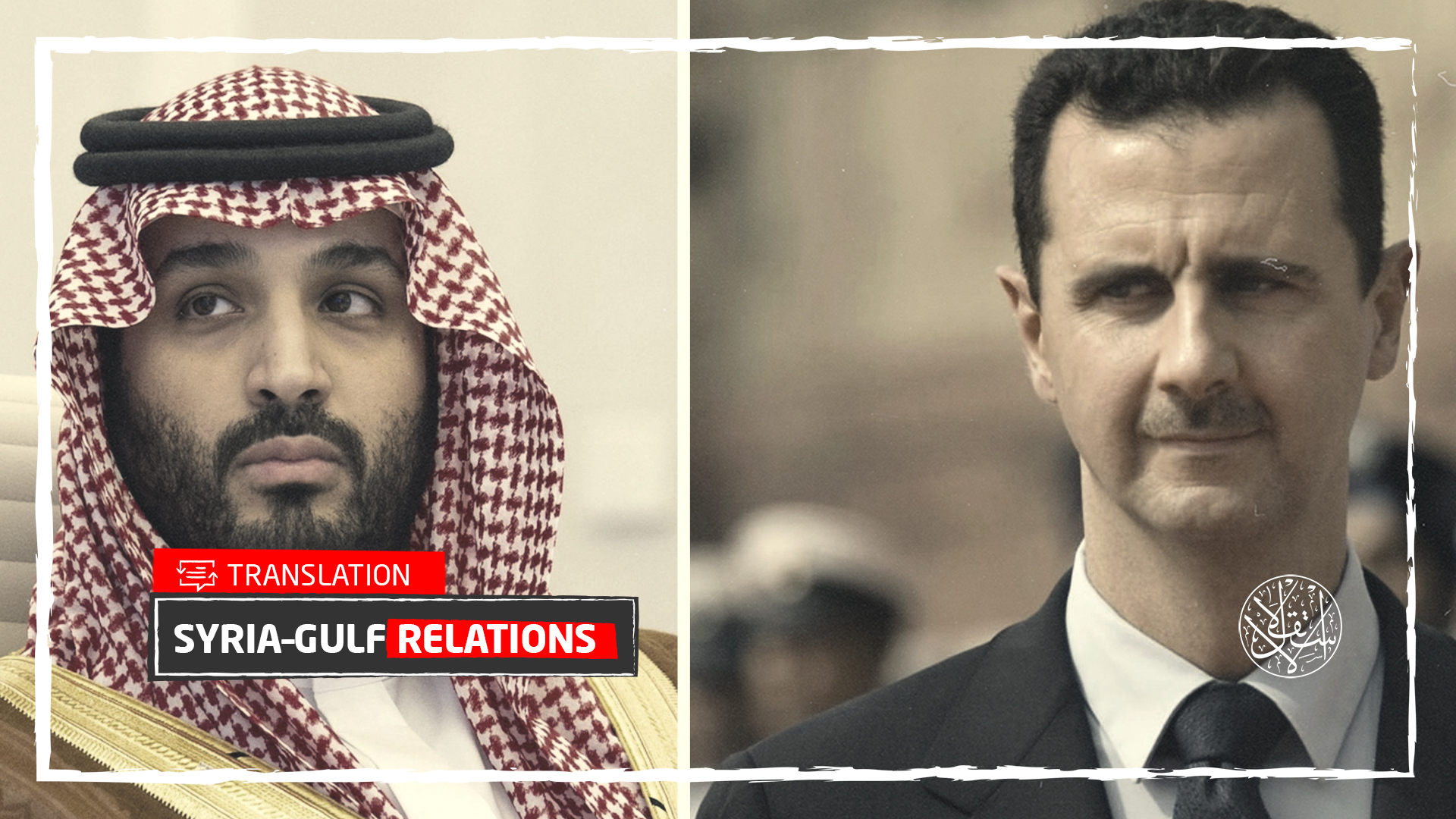
"The Gulf States have gradually changed their approach over the years, and those who supported the Syrian opposition against Al-Assad in the past are now slowly moving closer to Bashar's regime, which is difficult to comprehend."
This was the introduction to a joint paper by Yoel Guzinsky, Karmit and Leon, researchers at the Institute for National Security Studies at Tel Aviv University, who asked the question: "Will the Gulf steps end by rapprochement with the Syrian regime, and Iran will be expelled from Syria?"
Decade of War
The paper of the Israeli Security Studies Institute noted that by March 2021, a decade of war in Syria would have been completed, and despite the victory of Bashar al-Assad, with the help of Iran and Russia, Syria had become a broken state.
Al-Assad controls about 60 percent of the territory, while the economic crisis is ravaging, and its consequences are even increasing, and there is no possibility of reaching a political settlement in the foreseeable future.
The two researchers added, "The crisis in Syria, however, can see a recent change in the relations of the Sunni Arab countries with Syria.
In May 2021, it was reported that a Saudi delegation led by intelligence chief Khaled Humaidan visited Damascus and met al-Assad and the head of Syrian intelligence, Major General Ali Mamlouk, in a meeting, the first of its kind.
At that time, it was agreed to open the Saudi embassy in Damascus, as a first step in normalizing relations, followed by a proposal to return Syria to the Arab League.
At the end of May 2021, a Syrian delegation led by the Syrian Minister of Tourism, Muhammad Martini, made the first official visit to Saudi Arabia since 2011.
The Hebrew Institute believes that throughout the years of the war in Syria, many Gulf countries wanted the Al-Assad regime to fall, and some even took an active role for this purpose, with military and economic support for the Syrian opposition.
The UAE and Bahrain preceded the Arab countries in renewing their relations with the Al-Assad regime, despite their support for Al-Assad's opponents during the beginning of the civil war in the country.
The UAE opened its embassy in Damascus in December 2018, and it is also helping the regime financially, and also working with Egypt to return Al-Assad to the Arab League.
The Sultanate of Oman followed Abu Dhabi and Manama, in October 2020, when Muscat decided to return its ambassador to Damascus.
The Hebrew Institute says, "The comfortable business environment in the Emirates, especially the Emirate of Dubai, has attracted Syrian businessmen throughout the war, especially those who see the reconstruction of Syria as an important economic opportunity for the Emirates."
For this reason, Abu Dhabi strongly opposed the US "Caesar Law", which makes it difficult for Emirati businessmen to work in Syria.
The COVID-19 pandemic has allowed Abu Dhabi, which since 2012, has transferred more than $530 million to Syria to meet humanitarian needs; An opportunity to deepen aid and deliver food, medical supplies and vaccines.
Even the Emirati crown prince and its de facto ruler, Mohammed bin Zayed, spoke with Assad, pledged to help fight Corona, and announced that "Syria and its people will not be left alone."
Reconciliation with Assad
In the same context, Qatar, which has supported some of the opposition factions at least in terms of rhetoric, remained a hawk against the Al-Assad regime and refused dialogue with it, claiming that this stems mainly from a moral aspect.
It added that the legal considerations for which Syria was expelled from the Arab League in 2011 are still valid.
It alluded to the reluctance of other Arab countries, including Saudi Arabia and Kuwait so far, to normalize their relations with the Assad regime, as they preferred to remain neutral and follow developments, and they stipulated improving their relations with the regime by making progress in a political solution in accordance with Security Council Resolution 2254.
It stressed that it did not notice any change in Kuwait's position, pointing to a clear change in Saudi Arabia's position towards Syria, pointing out that despite the question marks about the scope of this step, the normalization of relations now serves the interests of both parties.
The Hebrew Institute spoke of an unprecedented economic crisis facing Assad, who lacks the ability to rebuild the country from its ruins, stressing that those who saved his regime (Russia and Iran) cannot help in economic reconstruction.
America and European countries do not intend to assist in the reconstruction, unless important political and social reforms are absorbed in the spirit of Resolution "2254". Therefore, the Gulf countries have become more important to ease the economic crisis and the flow of funds for reconstruction, according to the institute's vision.
Al-Assad is working hard to return Syria to the Arab League and strengthen its position in the Arab world, especially after winning the questionable presidential elections in May 2021.
According to the institute, Al-Assad therefore needs Arab legitimacy to rule Syria. He also seeks to improve his ability to maneuver in the face of Iran and Russia, and strengthen its relations with Arab countries, especially recognition from Saudi Arabia.
Error Avoidance
The researchers, Guzinsky and Leon, pointed out that the issue of the legitimacy of the Al-Assad regime is still critical for the Gulf countries in particular and the Arab countries in general, as they do not want to be portrayed as legitimizing his rule.
However, it seems that there is a gradual understanding that they have the ability to influence even slightly what happens in Syria, especially to compensate for Iranian interference in the country, and therefore they should adopt a proactive policy.
The Arab countries are seeking to avoid the mistake they made in Iraq in 2003, leaving the scene for an increasing Iranian involvement in Syria, and they seek to buy influence over the regime's policies, balance Iran's power and reduce its influence, as well as limit Turkish-Qatari influence in the country.
The two researchers concluded by saying: Joe Biden's entry into the White House and the accelerated negotiations between America and Iran on the nuclear issue are the main motives for a process that, in the eyes of Arab countries, may lead to a negative change in the regional balance of power by strengthening Iran's position.
Finally, they emphasized that the Gulf States have a clear interest in reducing regional tensions, minimizing damage, and establishing influence wherever possible, including in Syria.



